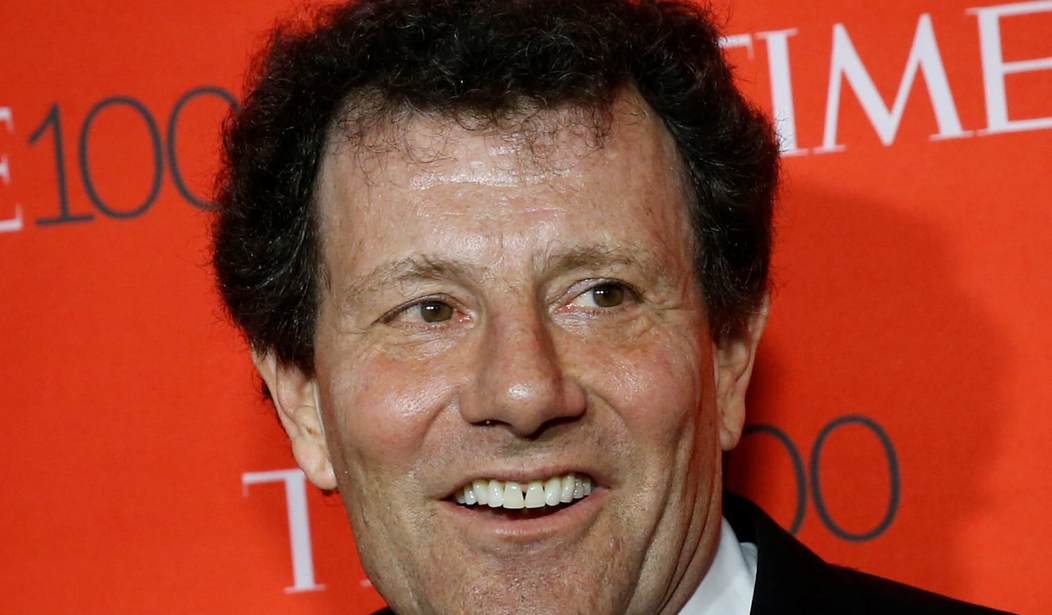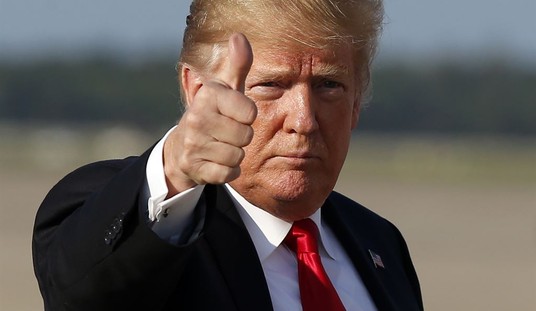WASHINGTON — Delving into the Mideast peace process and one of the major points of contention between the Netanyahu and Obama governments this evening, the White House said Israeli settlement construction may not be a good thing.
Since President Trump took office, Israel has announced the construction of 5,500 new housing units in the West Bank. They have also been removing settlers from the Amona outpost, which Israeli courts determined was built on private Palestinian land.
Earlier this week, a “normalization law” was submitted to the Knesset “to normalize the status of Jewish settlement in Judea and Samaria once and for all and prevent recurrent attempts to harm the settlement enterprise,” Prime Minister Benjamin Netanyahu said at Sunday’s cabinet meeting.
“Our fundamental alliance is with the United States. There is no substitute for this alliance. Our relations are tight and getting tighter and I would like to take this opportunity to make it unequivocally clear that our position has always been, and will always be, that the US embassy needs to be here, in Jerusalem,” Netanyahu said. “Jerusalem is the capital of Israel and it is proper that not only should the American embassy be here, but all embassies should come here, and I believe that over time most of them will indeed come here, to Jerusalem.”
Trump frequently said on the campaign trail that he would follow the 1995 act of Congress requiring that the U.S. Embassy be moved from Tel Aviv to Jerusalem. “We will move the American embassy to the eternal capital of the Jewish people, Jerusalem,” he told the American Israel Public Affairs Committee in March. The embassy was supposed to be relocated by 1999, but presidents have used national security waivers every six months to delay the move.
Trump told the Christian Broadcasting Network in an interview aired Sunday that he’s “looking at it… we are studying it very, very long and hard.”
“You know, it’s a very big decision because every president for the last number of presidents, large number, they have commented they were going to do it and then all of a sudden, they decide they don’t want to get involved. It’s a big, big decision but we are setting the issue right now. I have always liked the concept of doing it, I will tell you that. I will have a decision in the not too distant future,” Trump said. “There is certainly a chance of it. Absolutely. But we are going to be — we are doing very detailed studies on that and it will come out very soon. I hate to do that because that is not usually me, studies.”
The Jerusalem Post today ran a story familiar to the Netanyahu disagreements with the last White House: a senior administration official told the paper that new settlements were announced without Washington consultation and were “undermining” Trump’s effort to forge a two-state solution.
“As President Trump has made clear, he is very interested in reaching a deal that would end the Israeli-Palestinian conflict and is currently exploring the best means of making progress toward that goal,” the official said.
“With that in mind, we urge all parties to refrain from taking unilateral actions that could undermine our ability to make progress, including settlement announcements,” the official added, according to the Post. “The administration needs to have the chance to fully consult with all parties on the way forward.”
In response to the report, White House press secretary Sean Spicer issued a statement noting “the American desire for peace between the Israelis and the Palestinians has remained unchanged for 50 years.”
“While we don’t believe the existence of settlements is an impediment to peace, the construction of new settlements or the expansion of existing settlements beyond their current borders may not be helpful in achieving that goal,” Spicer said. “As the president has expressed many times, he hopes to achieve peace throughout the Middle East region.”
“The Trump administration has not taken an official position on settlement activity and looks forward to continuing discussions, including with Prime Minister Netanyahu when he visits with President Trump later this month.”
That visit is set for Feb. 15.
Not only is there a new president now, but a new secretary-general at the United Nations: António Guterres said Wednesday he was “concerned” about new construction “in the occupied West Bank.”
“We once again warn against any unilateral actions that can be an obstacle to a negotiated two-State solution and call on both parties to return to meaningful negotiations on the basis of relevant Security Council resolutions, and in accordance with international law, in order to address all final-status issues,” Guterres said. “The United Nations stands ready to support this process.”
Before President Obama left office, his administration abstained at the United Nations Security Council on a resolution demanding Israel “immediately and completely cease all settlement activities in the ‘occupied’ Palestinian territory, including east Jerusalem.” The United States had previously vetoed such measures.









Join the conversation as a VIP Member